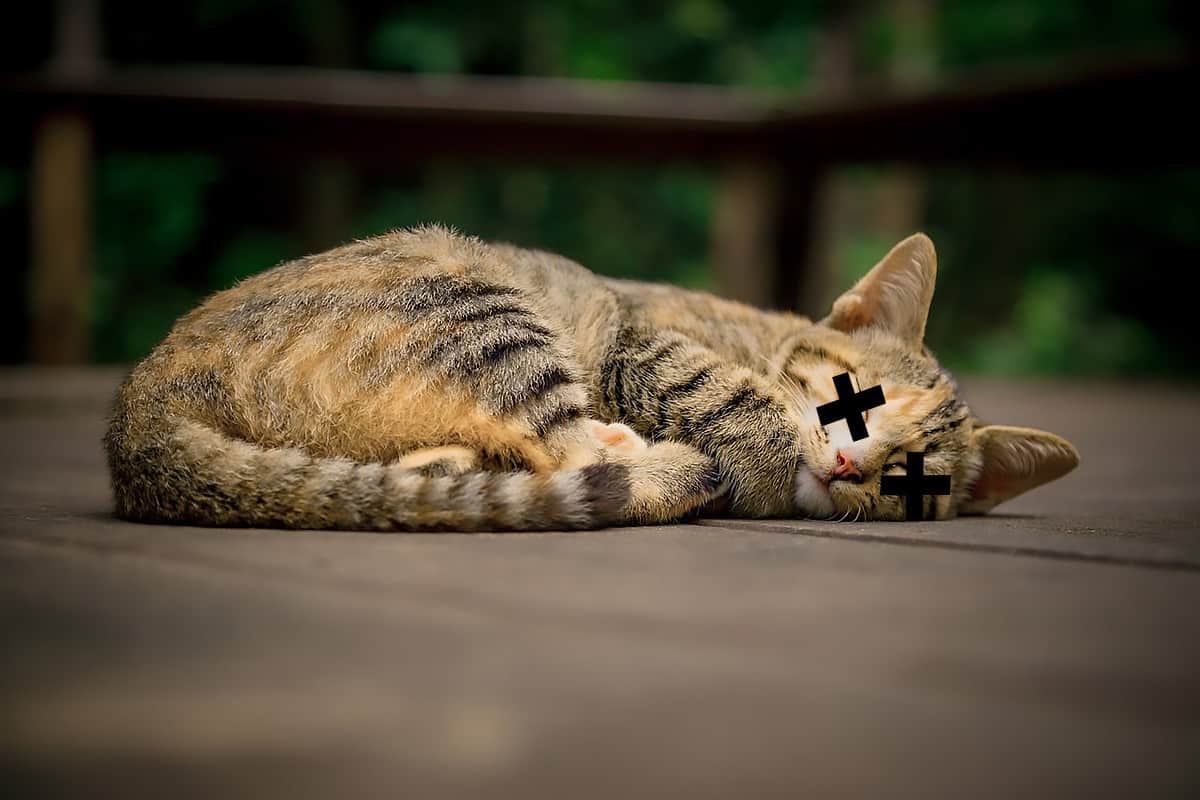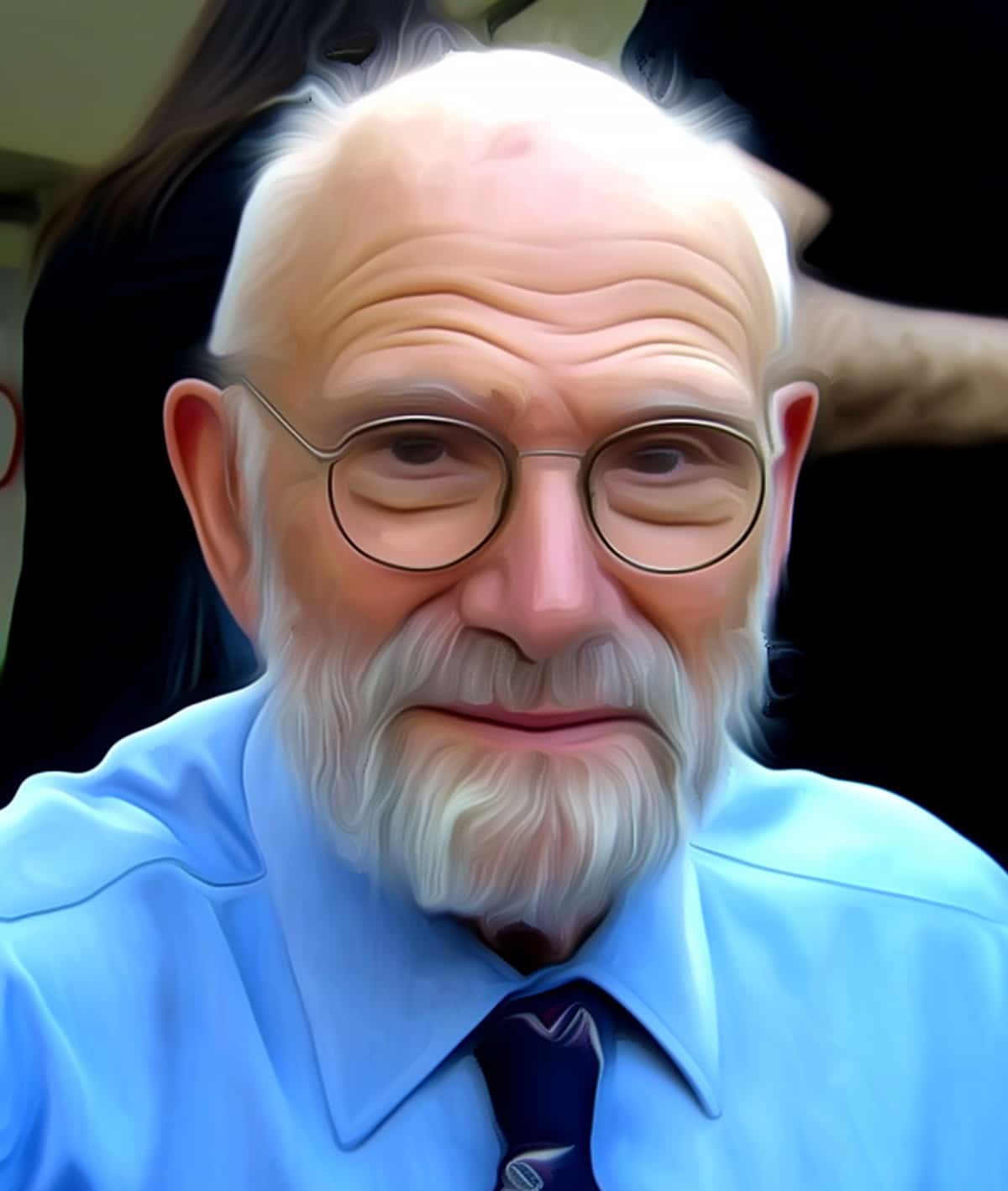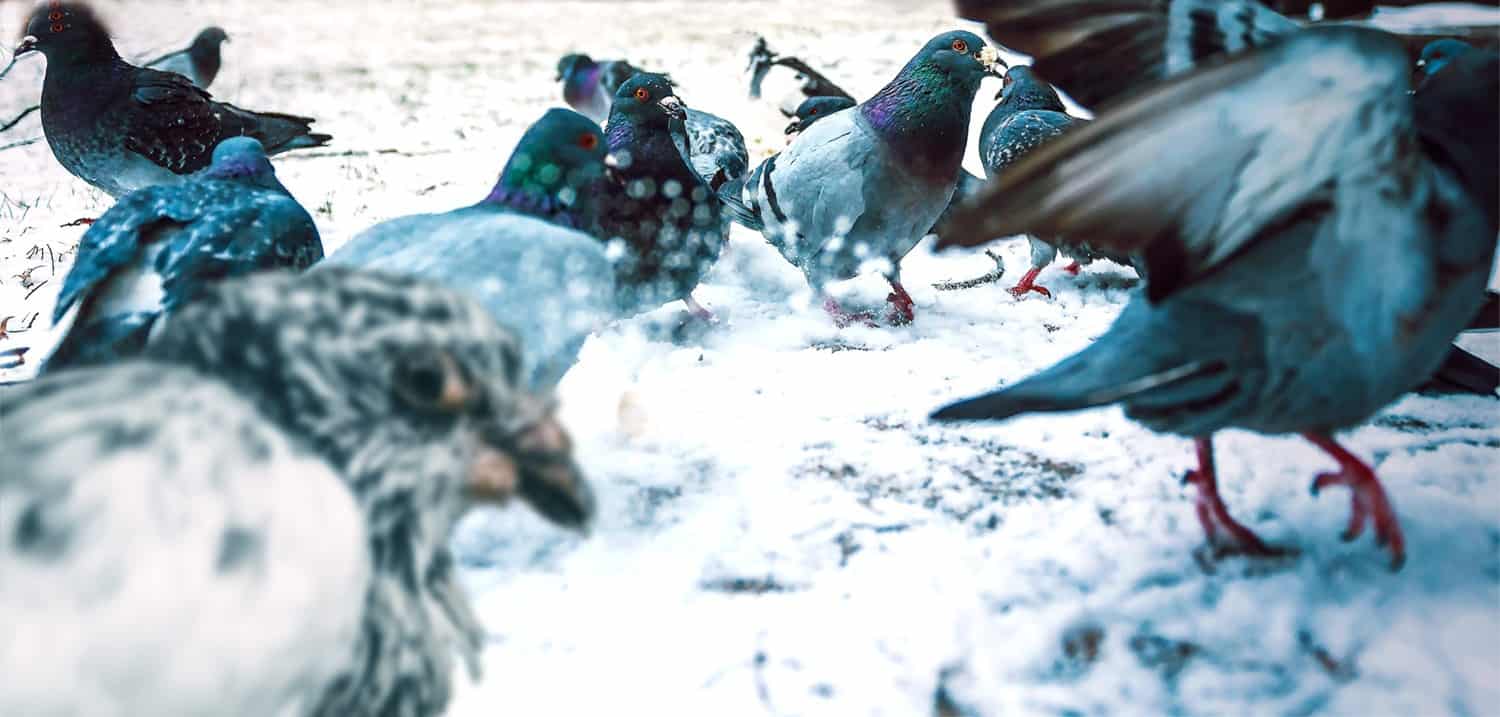Music:”Relent” by Kevin MacLeod at incompetech.com
And this is a rough transcription for those who prefer to read:
“ Back in 2009 Sir Roger said:
At a time like this hearts, thoughts, prayers, condolences and sympathies are thick in the air like a flock of pigeons on crystal meth.
Our question is, PMs and Presidents not only send, convey and extend thoughts, prayers, sympathies and condolences to us – and their hearts autonomously “go out” to us – but they also inform us that they have already arrived – “our thoughts and prayers are with you”; so how exactly do they get here? Wifi? How many megabytes will I need, because there seem to be a lot of thoughts and prayers on their way? How can we tell they have arrived? Could they be behind the dresser? Under a cushion on the couch? On top of the cupboard? What do they look like? Do we have to unwrap them? How big are they – will they all fit in my sock drawer? If they are “deepest” sympathies, do I need a larger drawer? When someone’s “heart goes out” to us, do we have to have a special jar to keep it in? Will I need tubes and pumps and plumbing? And how will you get on without it? What actually are these things? What do they mean? What actual value are they to us? How much did they cost?
The answer to the last four questions are: nothing, nothing, fuckall and fucking nothing. Talk is cheap and mealy-mouthed words and pompous forms of words are empty and meaningless. So, for a politician, the price is right.
Watch for the first politician, French or American probably, to paint with chocolate-coated bullshit the deaths in Paris as “sacrifices”, as people who “sacrificed their lives for freedom”. And then watch them try to stitch the unlucky dead into the false myths of the faded, fraying, fabric of a national flag1.
Now, Sir Roger is not actually obtuse. He does understand the desire to say something. A politician’s main job is to say things (although usually that is “give me money”). He does understand. Yes, we know it’s all metaphorical language, but it’s also an endorsement and perpetuation of bullshit magical thinking.
What a politician says in these times ought for goodness’ sake to be meaningful and useful. And should not be lies. Prayers don’t actually work. Telepathy and Telekinesis are not real. Condolences need to actually have the power to console. Of course you can tell the truth and say you are shocked, upset and angry and that you have empathy for other people’s suffering. Good for you. And I feel your pain and my heart goes out to you.
The people who are hurting, however, can’t use your pain. Also, don’t address your remarks to dead people. One of the symptoms of being dead is that you can’t hear stuff, not even American Presidents’ gold-plated, ringing oratory.
So say it is a bad thing. Then say exactly how you will help relieve the pain, as much as it might be relieved, and say how you will try to stop it happening again, and how you are going to deal with the bastards who did this and the other bastards who still want to do it in the future.
By the way, our own Malcolm Turncoat today said today, just after he opened his doublet and released his heart to fly its way from Berlin to Paris, that there is
“a global struggle for freedom against those who seek to suppress it and seek to assert some form of religious tyranny. A threat in the name of God, that is truthfully the work of the devil.”
Now be careful, Malcolm. You may be invalidating basis of western political culture. After all, the christians — whose hodgepodge of religious beliefs, schisms and secular values made possible, and now underpin, both liberal democracy and perpetual ideological friction — spent many hundreds of years brutally forcing others to follow their beliefs, destroying people and cultures, cities and countries who would not submit, through crusades, wars, terror, torture and inquisitions, and social degradation. Threats in the name of god.
Sir Roger would agree with him if he is really saying that the history of Christianity is truthfully the work of the devil. Except that there is no such thing as a devil of course. Or a god.
Sir Roger’s heart goes out to … you know …

1 After all, just 54 years ago in Paris, police massacred 200 demonstrating Algerians or drowned them in the Seine. So much for the myth of liberte, egalite, fraternite. So much for Malcom Turnbull’s ‘France: the home of Freedom’ myth. But then, what does that matter when a great myth is hungry.
![shadow[c]](http://valuesaustralia.com/wp-content/uploads/2020/06/shadowc.png)
![flourish update[b]](http://valuesaustralia.com/wp-content/uploads/2020/06/flourish-updateb.png)


![scream[c]](http://valuesaustralia.com/wp-content/uploads/2020/09/screamc.jpg)
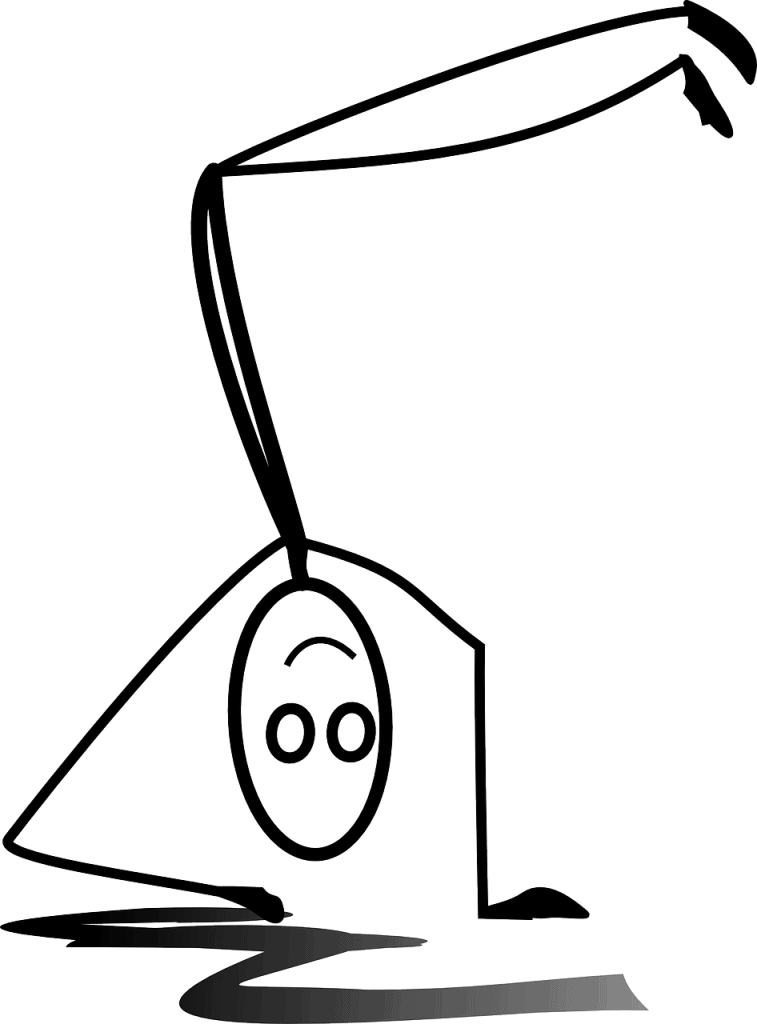
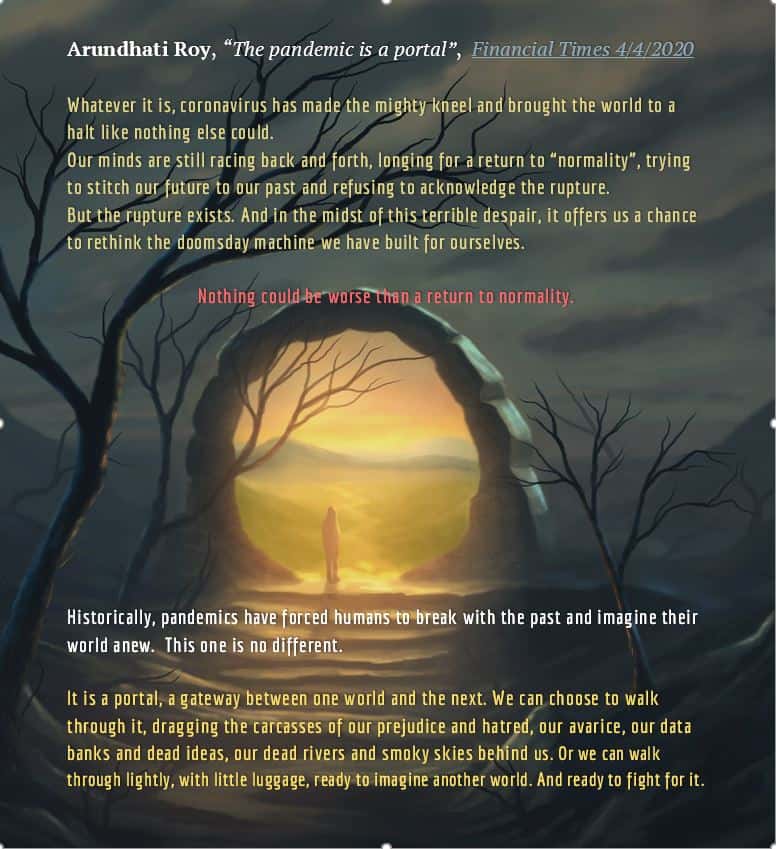

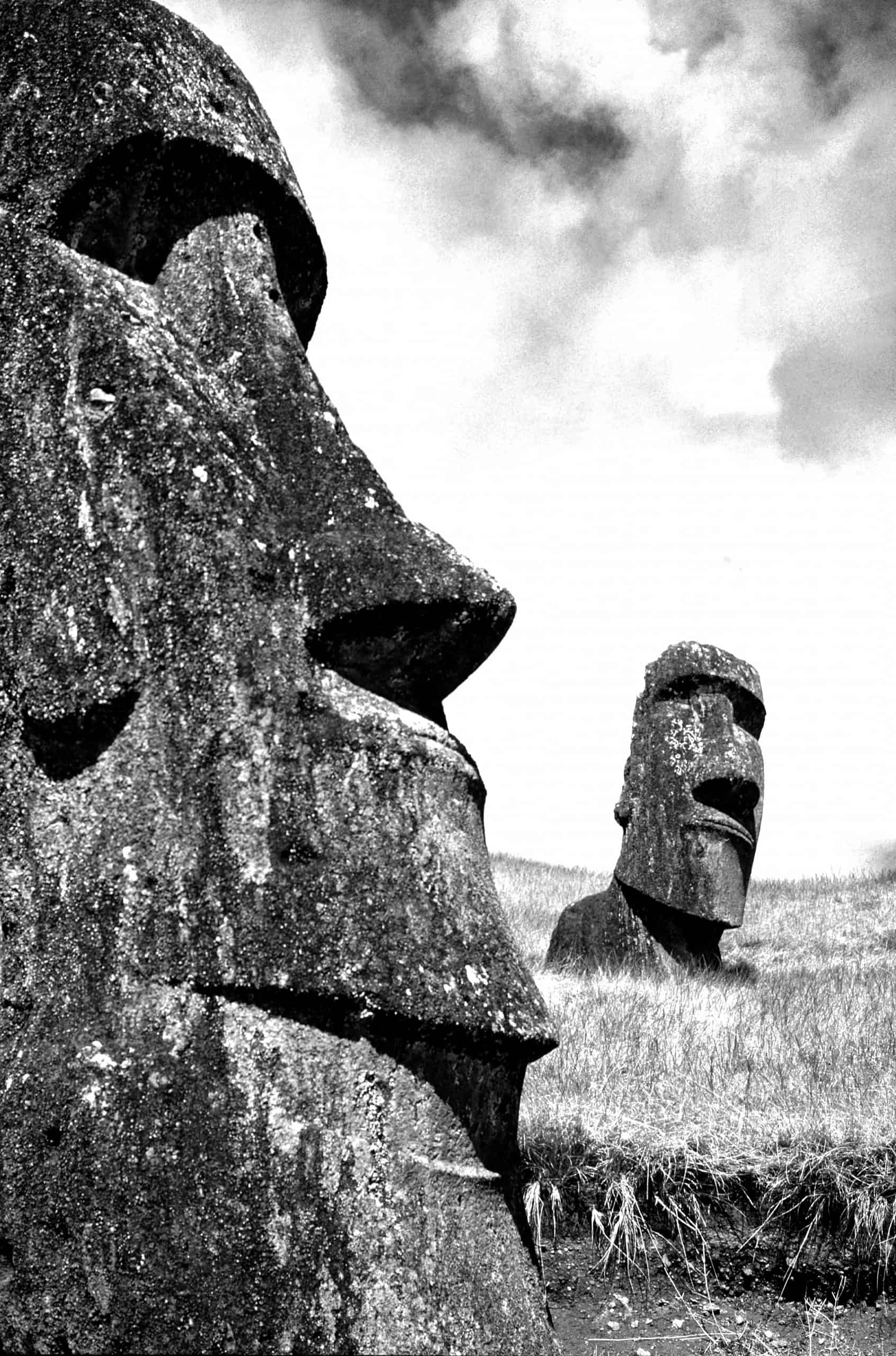

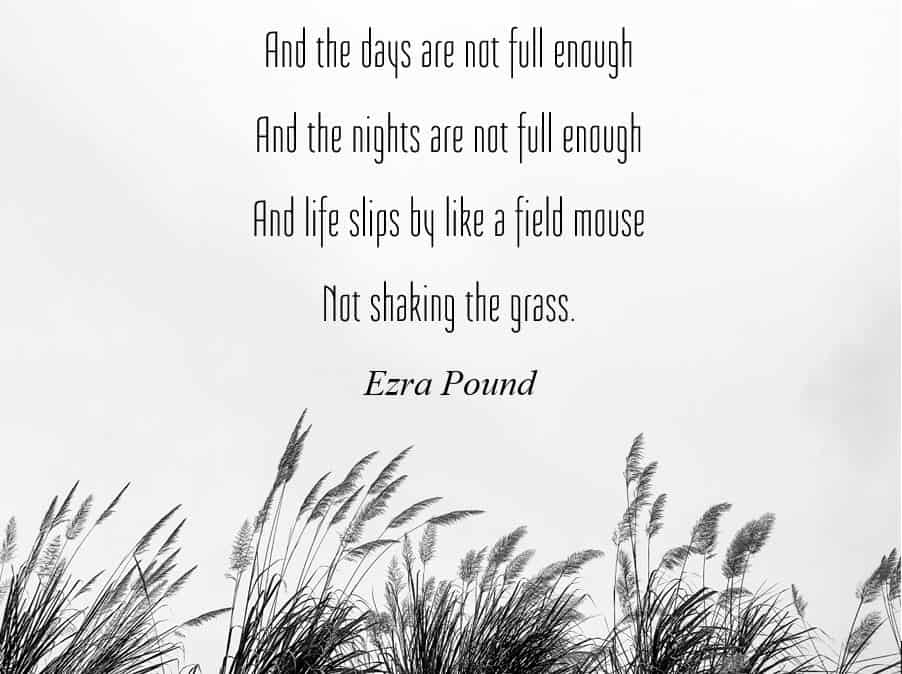


![sprint[c]](http://valuesaustralia.com/wp-content/uploads/2020/09/sprintc.jpg)
![France_in_XXI_Century._Correspondance_cinema[b]](http://valuesaustralia.com/wp-content/uploads/2020/09/France_in_XXI_Century._Correspondance_cinemab.jpg)
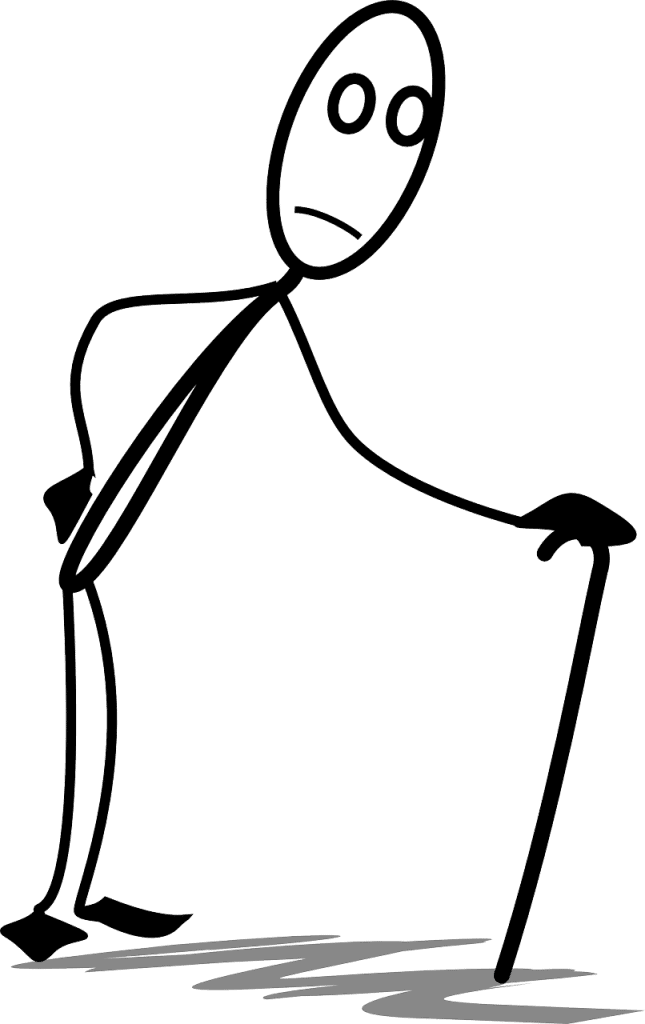
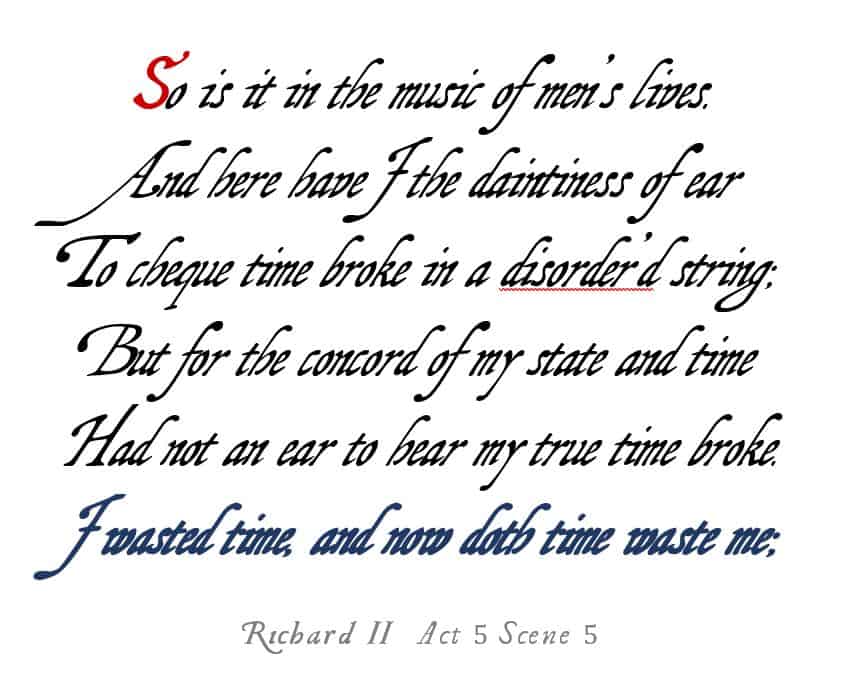
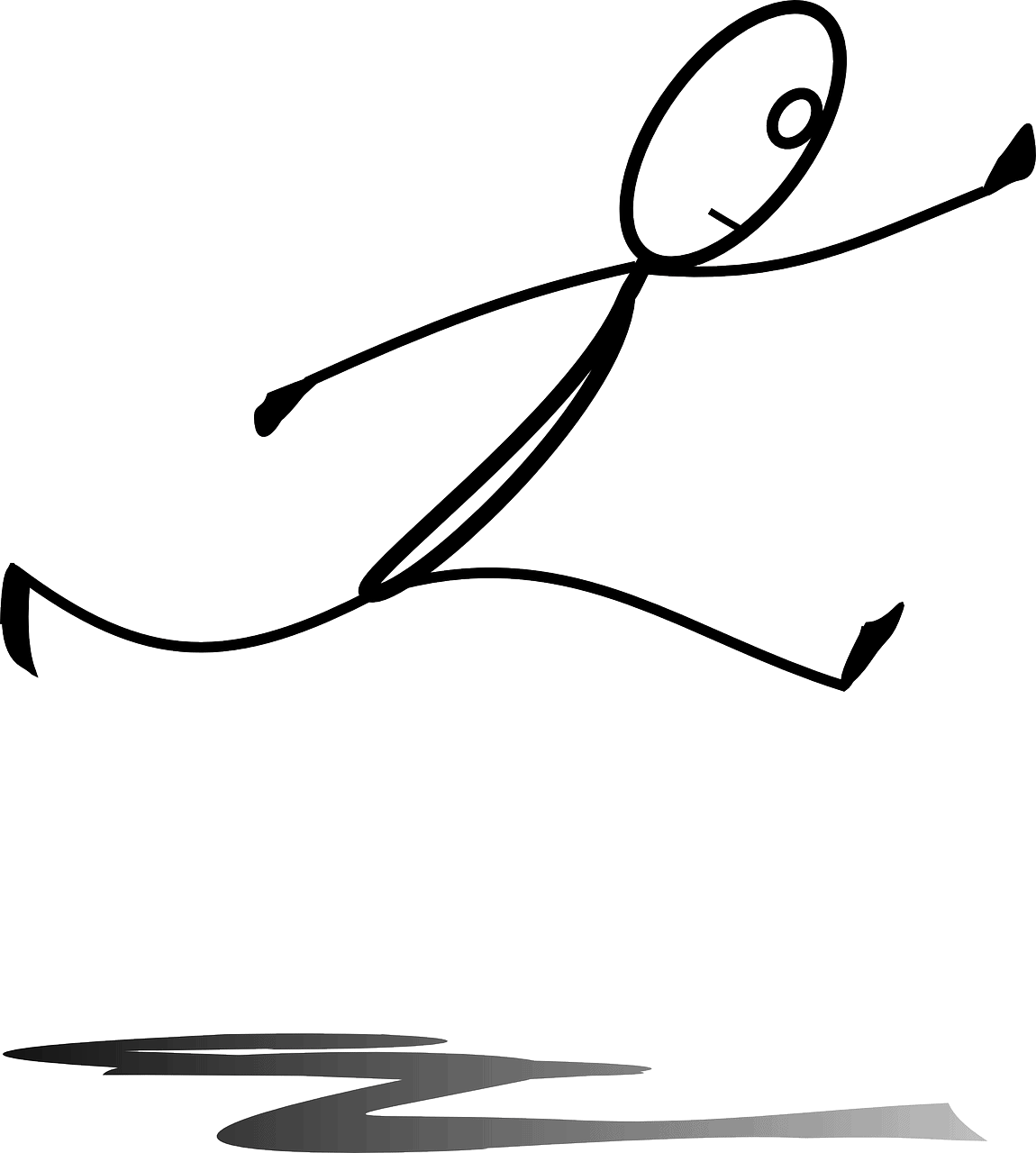
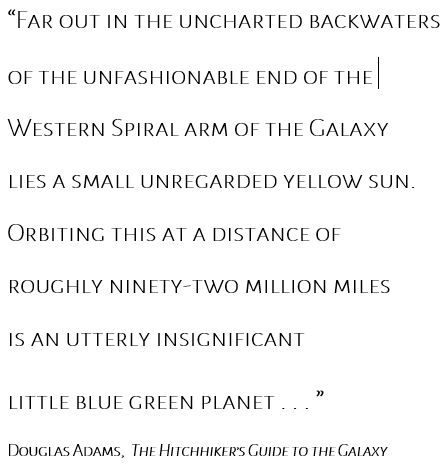
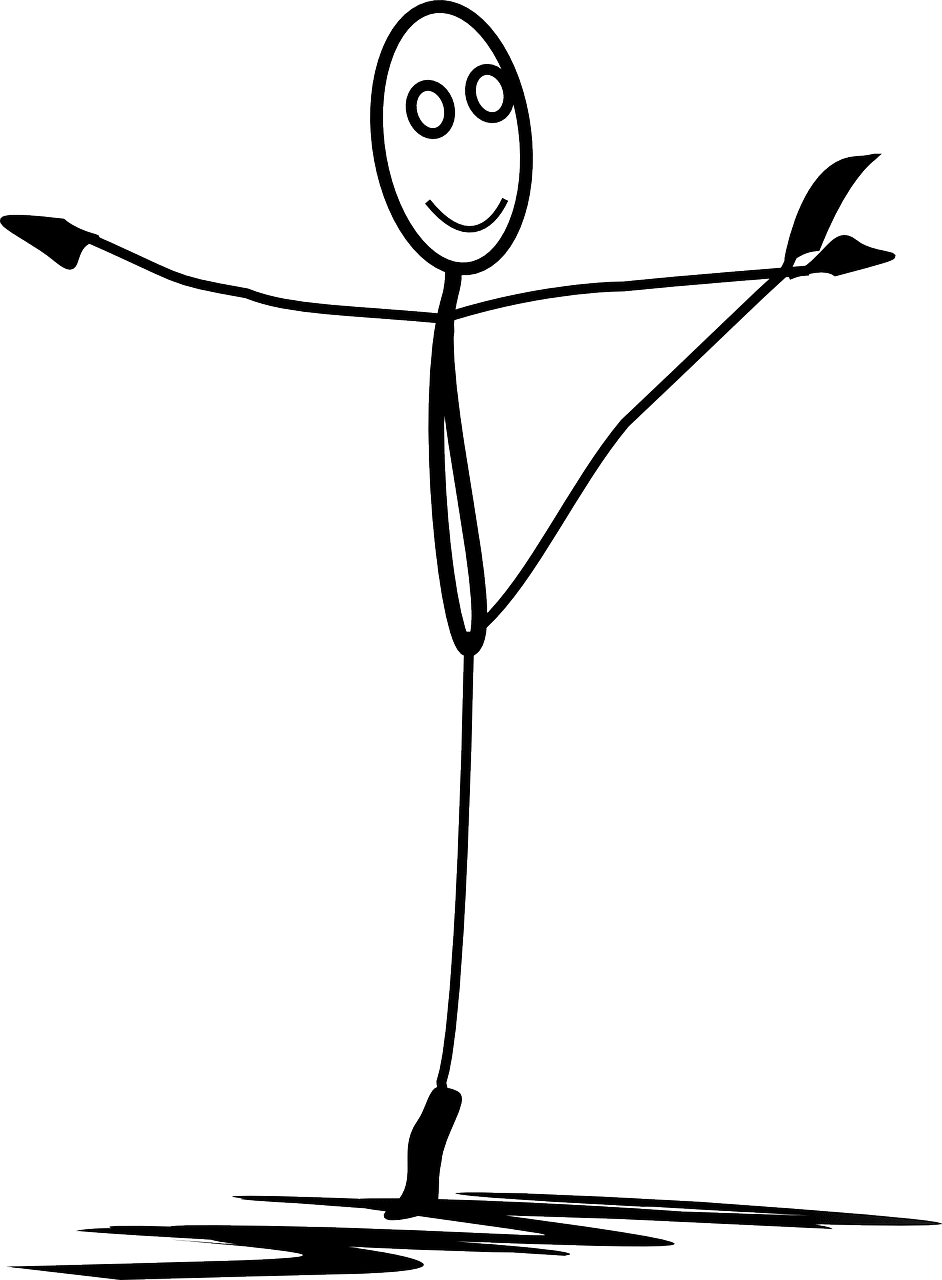

![shadow[e196]](http://valuesaustralia.com/wp-content/uploads/2020/06/shadowe196.png)
